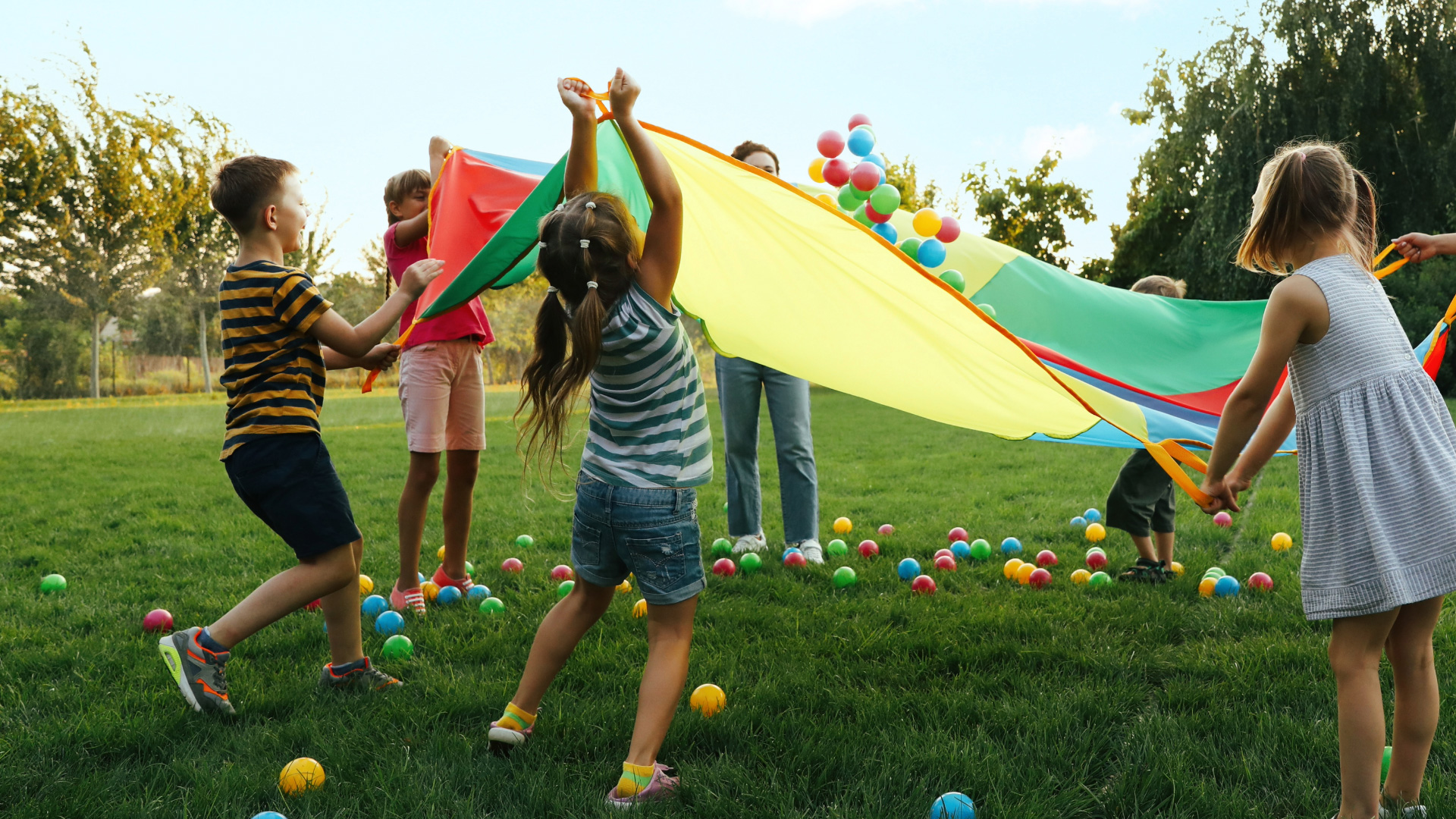By: Andie Stallman
Positive psychology is an area of study that focuses on how and why people flourish. Originally coined by psychologist and professor at the University of Pennsylvania, Martin E. Seligman, in the late 90s, research and work in this area focus on positive individual traits, experiences, and institutions. While many therapies and mental health treatments are designed to reduce psychological distress, positive psychology focuses on promoting well-being by increasing the good rather than reducing the bad. This subfield is not meant to replace talk therapy, medication, etc. Instead, positive psychologists seek to tag team intervention efforts to further promote successful outcomes.
The “Three Pillars” of Positive Psychology:
The first, positive individual traits, include character strengths such as compassion, integrity, resilience, and forgiveness. Researchers seek to understand how people develop these skills so that we can create programs that increase and strengthen them so people can use them when facing challenging moments in their lives.
The second target area, positive experiences, is more of a way of thinking about the things that happen in one’s life. Essentially, it curates contentment with the past. In other words, reflecting on previous experiences, even negative situations, without holding onto resentment. Happiness in the present and gratitude for where you currently are in life. The idea of gratitude journals (noting things big or small that you are grateful for each day: stay tuned for future blogs about this practice), comes from an intervention that was created and researched by the “founding father of positive psychology,” Martin Seligman. Finally, positive experiences encourage optimism for the future so that when stress or hardship does come up, you can look forward and see that better things are on the horizon.
The third key area of positive psychology, positive institutions, encourage prosocial (or benefiting other people) tendencies such as teamwork, altruism, tolerance, and responsibility to buffer (or protect against) distress. For example, sports have numerous benefits from social connection to promoting the development of a moral compass. Other positive environments such as supportive community centers and even strong relationships with warm and caring parents fall within this category as well. Ultimately, positive institutions.
Why do we care?
Studies show that positive psychology can support children’s wellness when used intentionally by the adults in their lives. In one study, clinical psychologists taught kindergarten teachers about positive psychology principles who then taught their students about positive emotions, classroom engagement, strategies for achievement, and positive relationships. These four lessons covered specific topics such as the management of emotions, gratitude, persistence, empathy, and love of learning. The kids who participated in this curriculum had increases in positive emotions (such as …), life satisfaction, empathy, and prosocial behavior. In the classroom, the curriculum also impacted the students’ performance in the classroom based on things such as their persistence, organization, and rule-following.
Two strategies for promoting positive character traits!
The exciting news is that there are ways for you to bring positive psychology into your own lives. Try cultivating positive emotions by encouraging your child to think of things that they are grateful for every morning, big or small. For example, “I am grateful for my cool race car sheets,” “I am grateful that it is a sunny day,” “I am grateful that we are eating pancakes today.”
Help your child develop resilience and grit by celebrating their effort even when they fail and supporting them as they try again. If they got a C on their science test, prompt them to reflect on what strategies they used to study, what worked for them, and what they can do differently on the next one. The willingness to try again when you fail is invaluable!
Stay tuned for an article discussing the differences between “gentle parenting,” “positive parenting,” and parenting based on positive psychology principles.
References
Our Mission | Positive Psychology Center. (n.d.). Retrieved April 19, 2024, from https://ppc.sas.upenn.edu/our-mission
Shoshani, A., & Slone, M. (2017). Positive Education for Young Children: Effects of a Positive Psychology Intervention for Preschool Children on Subjective Well Being and Learning Behaviors. Frontiers in Psychology, 8, 1866. https://doi.org/10.3389/fpsyg.2017.01866
What is Positive Psychology. (n.d.). Retrieved March 13, 2024, from https://ippanetwork.org/what-is-positive-psychology/
Meet Andie Stallman, Imagination Playground’s childhood and play expert. Stallman holds a masters degree in Child Studies and Human Development with a special focus on clinical and developmental health and psychology. She is currently conducting research through McLean Hospital on adolescent mental health as she prepares for a PhD. Additionally, Stallman has experience in school and childcare environments working directly with children and teens who have a variety of needs and diagnoses, including schizophrenia, cerebral palsy, and autism spectrum disorder. This range of experience and knowledge brings a unique aspect to Imagination Playground’s commitment to researching the importance of play and promoting lifelong well-being starting in childhood.






